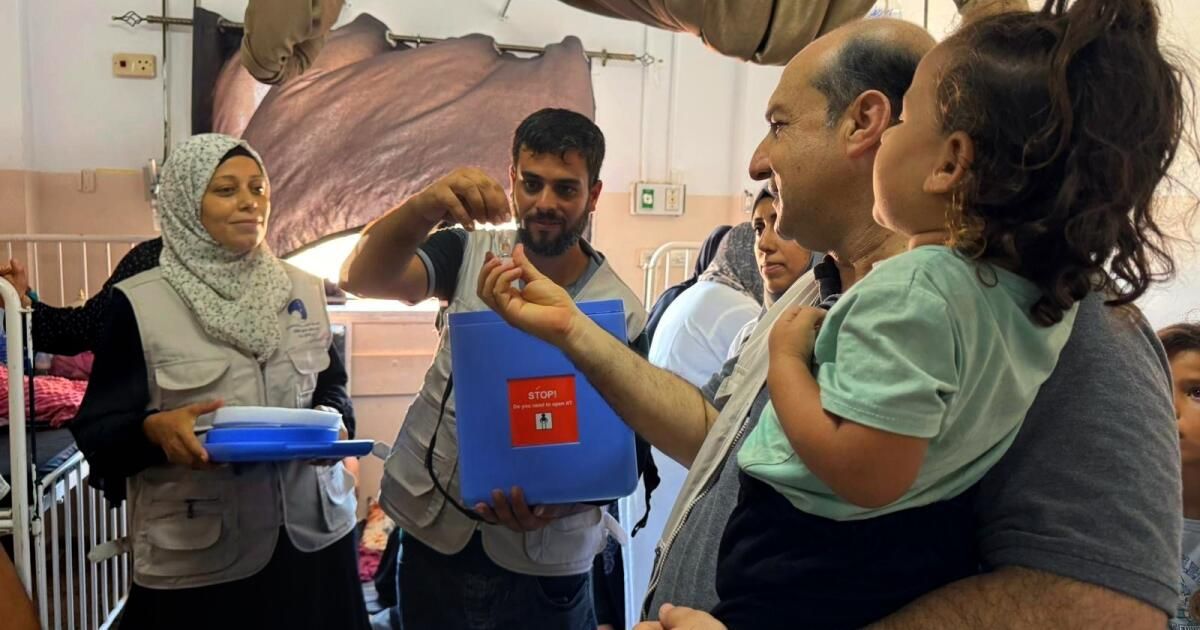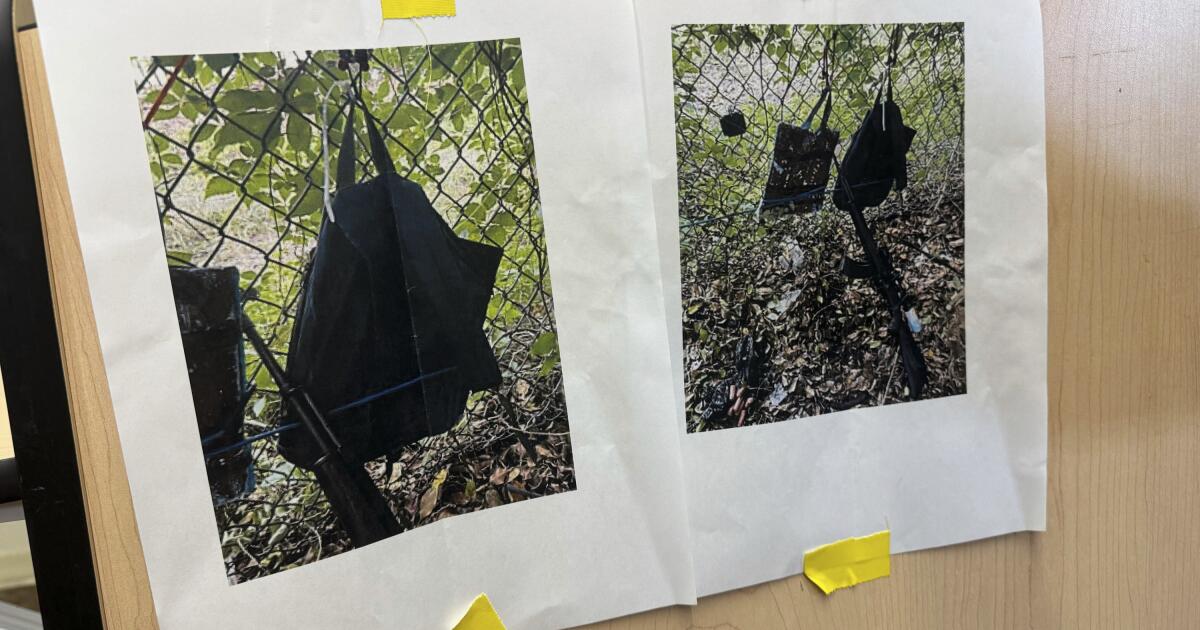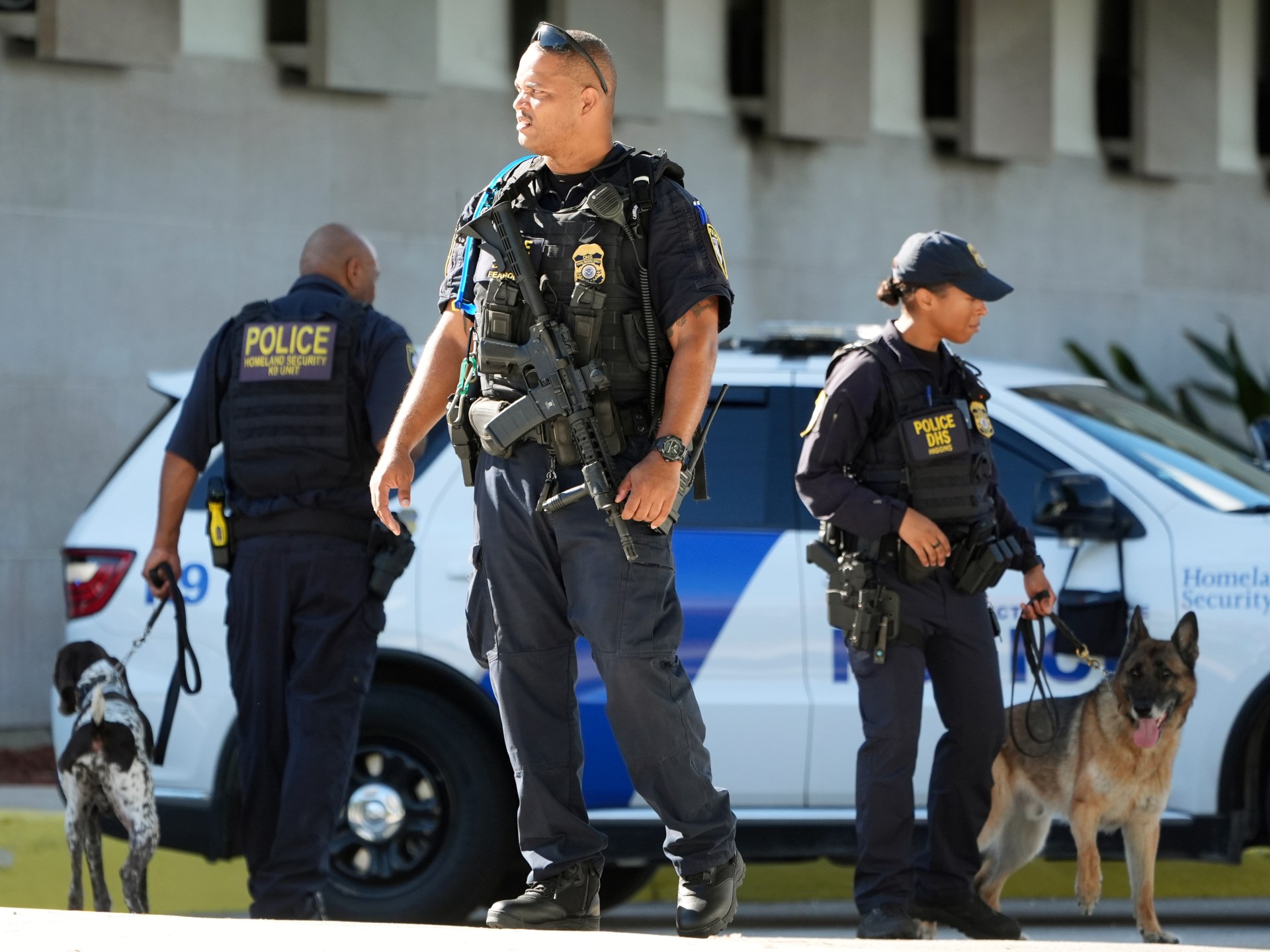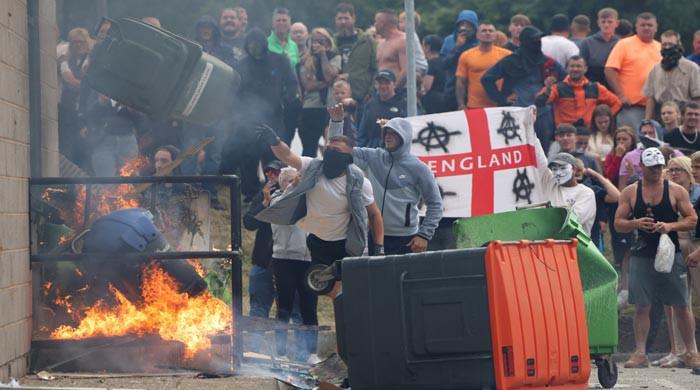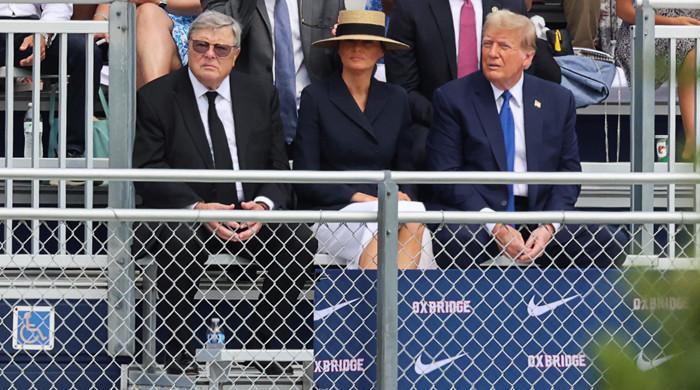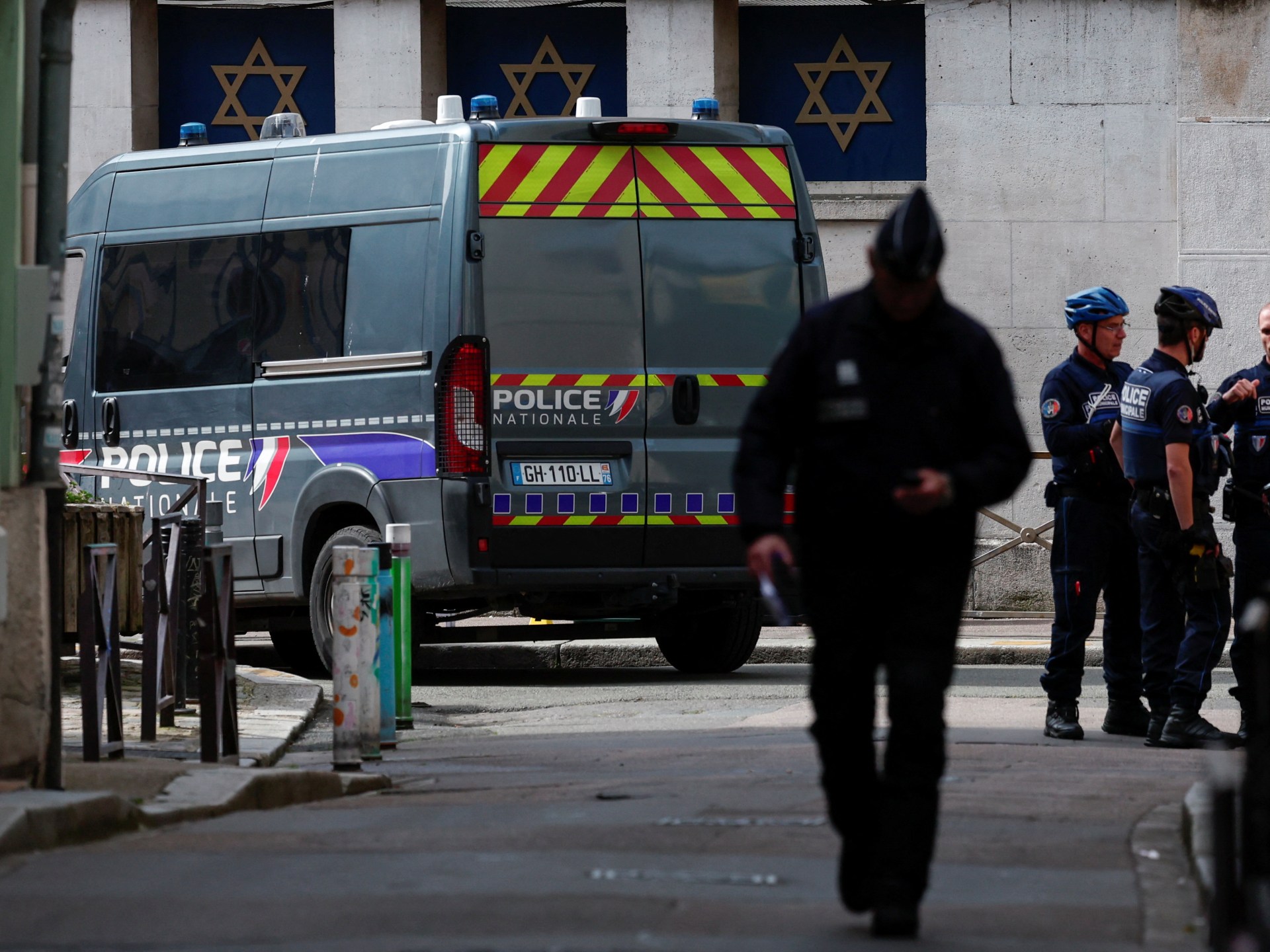A mother, terrified of walking war-torn streets with her young son, but even more terrified of a devastating disease. A doctor, wondering if each day at work could be his last. A baby in a tent in unbearable heat, struggling to move his heavy limbs.
A polio vaccination campaign in the Gaza Strip — prompted by the detection in late summer of the territory's first known case in a generation — is drawing to a close, with organizers saying it has been a vital but dangerous effort.
In the midst of a catastrophic war, authorities set out to vaccinate nearly 650,000 children under the age of 10 at risk of contracting polio, a highly infectious disease caused by a virus that invades the nervous system.
Three-quarters of cases are asymptomatic. Some cause fever and fatigue, headaches or vomiting. In a small fraction, the result is paralysis, potentially fatal if untreated.
As in much of the world, Gaza was for decades an area where polio was considered to have been eradicated.
European Union foreign policy chief Josep Borrell on Monday inspects humanitarian aid at a logistics centre near the Rafah border crossing between Egypt and the Gaza Strip.
(Amr Nabil / Associated Press)
But aid workers describe wartime conditions in the narrow coastal enclave as almost perfect for a resurgence of the virus, which can be transmitted from person to person by coughing and sneezing, or through food or water contaminated with fecal matter.
In most of Gaza, there are squalid, overcrowded conditions and virtually no sanitary infrastructure. In some areas, there may be only one toilet available for 800 people. Diarrhoea is rampant among children.
Medical staff say Gazan parents are well aware that, war or not, they must act to protect their children from this age-old scourge. Health authorities said that for the vaccination campaign to be considered successful, it had to achieve 90% coverage of targeted children.
Before the war between Israel and the Palestinian militant group Hamas began in October, vaccination compliance rates in the territory (not just against polio but also against a range of childhood diseases) were close to 100%.
“People are educated, they know that their children can get sick very easily,” said Jonathan Crick, a spokesman for UNICEF, the global children’s agency, based in Jerusalem. “Like any parent, they want to protect them and they understand that it is very important to vaccinate them.”
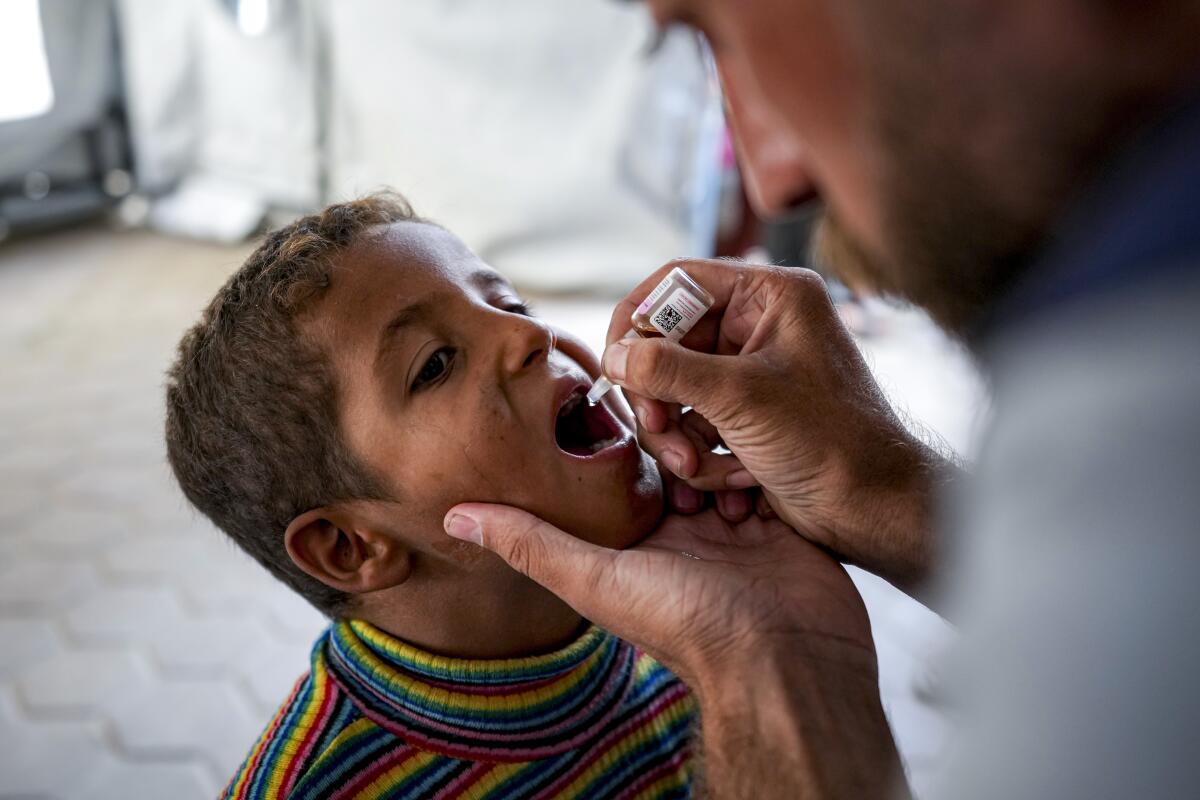
A health worker administers a polio vaccine to a child at a hospital in Deir al-Balah, central Gaza Strip, September 1.
(Abdel Kareem Hana/Associated Press)
UNICEF and a range of Palestinian and international partners are procuring and delivering the vaccines. Logistical challenges abound.
The doses must be stored cold at a certain temperature. They are administered in hospitals and clinics that are barely functioning, in simple tents set up among large concentrations of displaced people, or by nearly 400 mobile teams deployed throughout the country.
“We discussed and exchanged ideas about all the needs,” said Dr. Majdi Dheir, the top Palestinian official working on the vaccination campaign.
Medical staff especially praised mothers who brought their babies and young children to be vaccinated, even if the journey was difficult and dangerous or their families were in dire straits: displaced from bombed homes, dealing with the death or injury of loved ones, struggling to obtain the most basic needs like food and clean water.
“We are relying on Palestinian women, the linchpin of this vaccination campaign,” said Gaza Deputy Health Minister Dr. Yousif Abu al-Reesh.
Nermeen Mosbah Barbakh, a 23-year-old mother, said she feared that her eight-month-old daughter Eman’s breathing difficulties (a result of other ailments) would make it impossible to give her the oral vaccine. But nurses at Nasser Hospital in the southern city of Khan Yunis gently explained the procedure to her and the little girl received her dose.
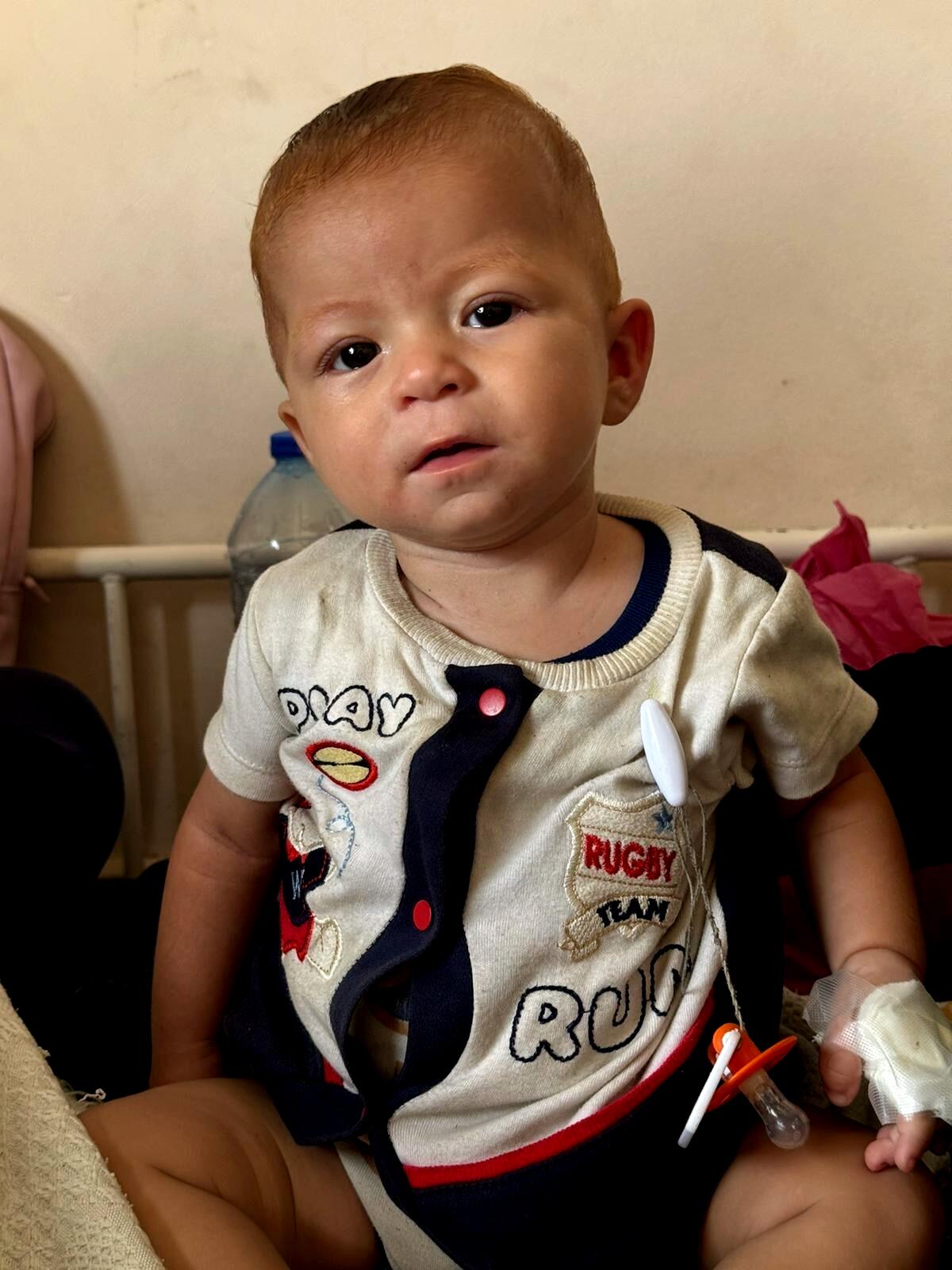
Eman Nasr, 8 months old, had respiratory problems but was able to receive the polio vaccine.
(Bilal Shbair / For the Times)
“I was afraid to do this, but now I feel relieved: this will protect all children, not just my daughter,” Barbakh said.
However, almost every day some new deadly obstacle presents itself.
Overnight on Monday, Israeli airstrikes hit a remote stretch of beach in southern Gaza called Mawasi, a formally designated humanitarian zone where thousands of displaced people were sheltering.
The Israeli military said the attack targeted militants who had set up a command center in the area, but Palestinian officials, who do not distinguish between civilian casualties and fighters, reported at least 19 dead, including many women and children.
Harrowing videos from the scene showed rescuers frantically digging with shovels and bare hands, searching by the light of cellphones and flashlights for injured survivors buried in deep craters in the sand.
Mawasi is about 30 kilometres from northern Gaza, where the latest round of vaccinations is taking place this week. But an attack on an area that was considered protected was a grim reminder that humanitarian pauses – on which this vaccination campaign has been based – are far from a guarantee of safety.
Parents and medical staff alike sometimes feel fear when traveling to and gathering at vaccination sites, said Gaza dentist Fadi Abed, 23, whose Illinois-based humanitarian group MedGlobal is providing support to the vaccination effort.
“Everyone knows there is no safe place in Gaza,” he said. “But if it means a risk, people think it is worth it.”
In northern Gaza, the vaccination campaign was briefly put in jeopardy on Monday, when the UN said one of its convoys was stopped at gunpoint and its staff detained. The head of the UN Relief and Works Agency, Philippe Lazzarini, later posted on X that staff and vehicles had returned safely to base and that vaccinations were continuing on Tuesday.
So far, the UN has periodically issued cautiously optimistic progress reports. In an early phase in central Gaza, the numbers were exceeded, the World Health Organization said in an update last week.
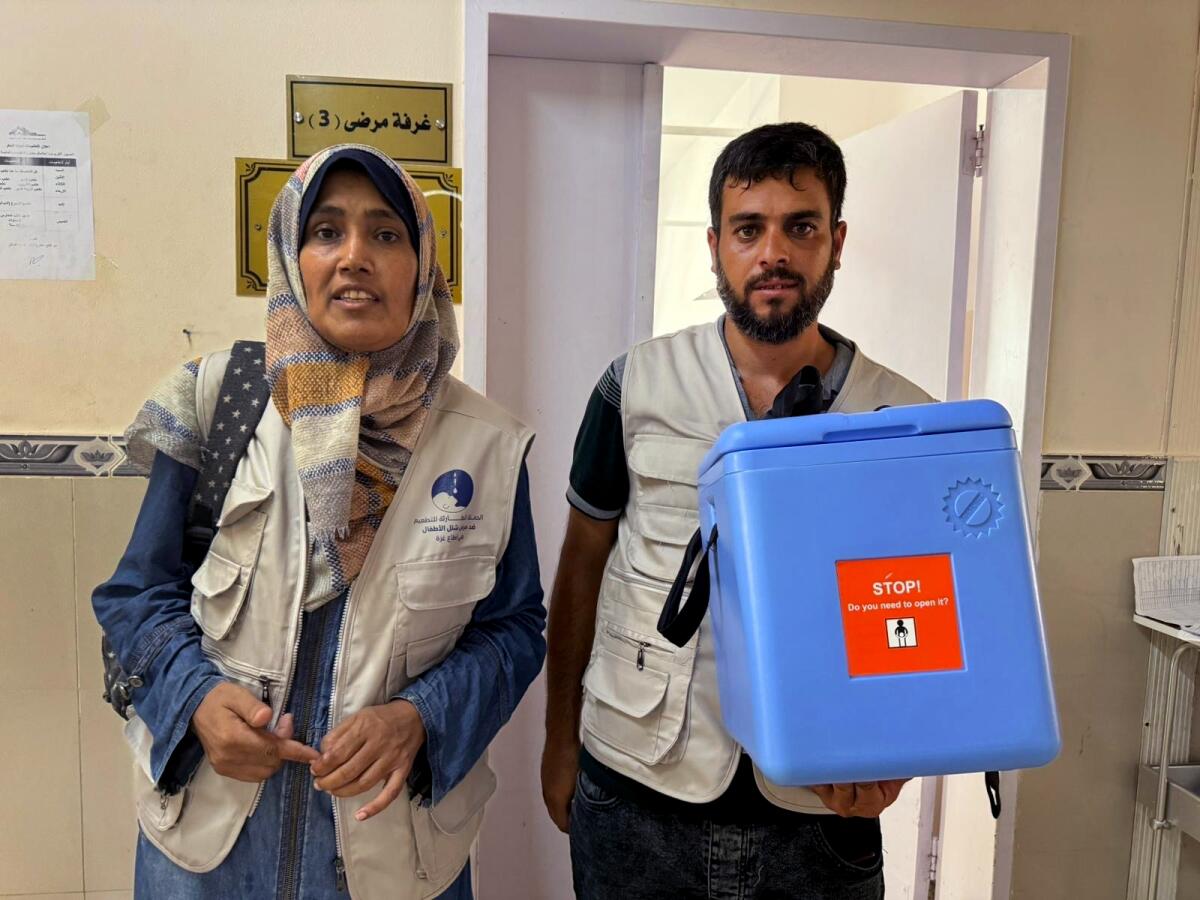
Nurses helping with vaccination efforts in central Gaza prepare to travel to a vaccination site.
(Bilal Shbair / For the Times)
“It has been extremely encouraging to see thousands of children able to access polio vaccines, with the support of their resilient families and courageous health workers,” said Dr Richard Peeperkorn, WHO Representative for the Palestinian Territories.
Aid workers can only hope, however, that the massive campaign will not come too late. Epidemiologists say that even a single confirmed case means the virus is already circulating, perhaps widely.
Even before an 11-month-old boy whose family was living in a tent camp in central Gaza tested positive for polio in August — the first diagnosis in the enclave in a quarter-century — the virus had already been found in Gaza's sewage, the UN said.
The baby, Abdel-Rahman Abu El-Jedian, who suddenly stopped crawling and moving, was in a stable condition when the vaccination campaign began last week, but his left leg remained paralyzed.
Special correspondent Shbair reported from Khan Yunis and Times staff writer King from Jerusalem.

